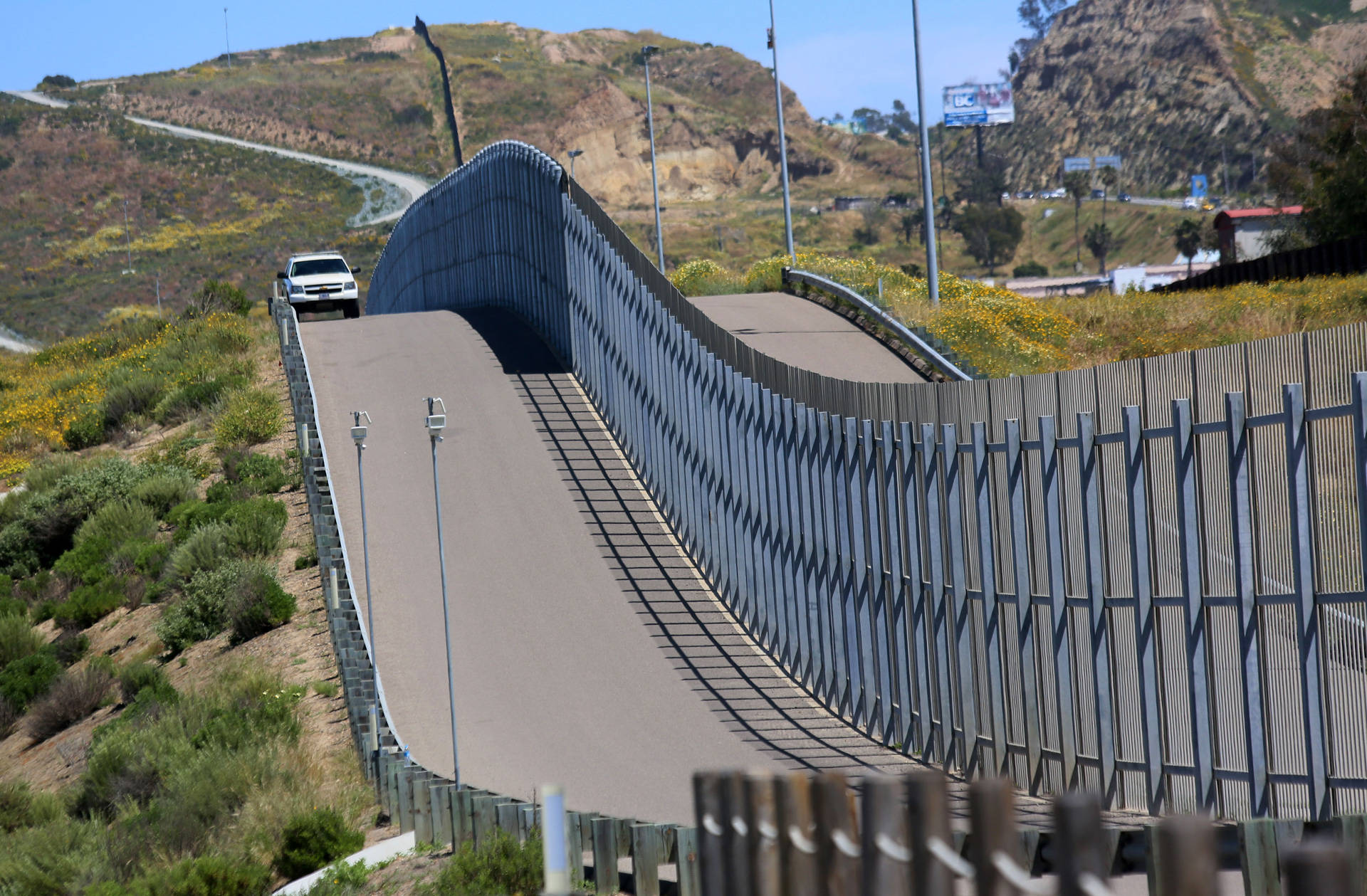U.S. Customs and Border Protection announced the selection of four construction companies to build concrete prototypes of the wall President Trump plans to build along the border with Mexico.
Each prototype will be 30 feet tall and 30 feet wide, and cost between $400,000 and about $500,000.
None of the companies are based in California.
The four companies are Caddell Construction of Montgomery, Albama; Fisher Sand and Gravel/DBA Fisher Industries of Tempe, Arizona; Texas Sterling Construction of Houston, Texas; and W.G. Yates & Sons Construction Company of Philadelphia, Mississippi.
Trump last week said that he was prepared to shut down the government if lawmakers did not approve funds for building the "big, beautiful wall" he promised during his presidential campaign.

9(MDAxOTAwOTE4MDEyMTkxMDAzNjczZDljZA004))